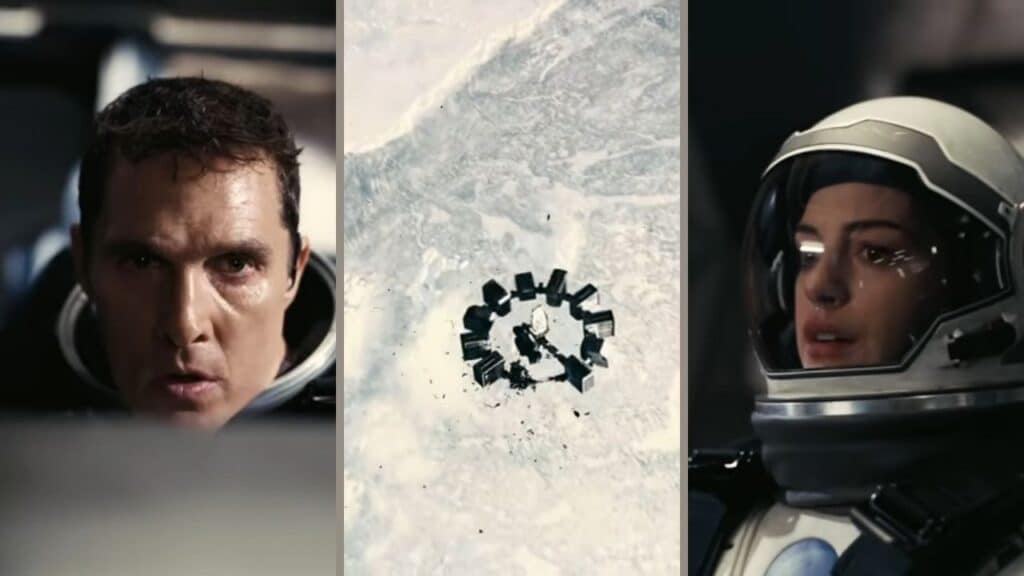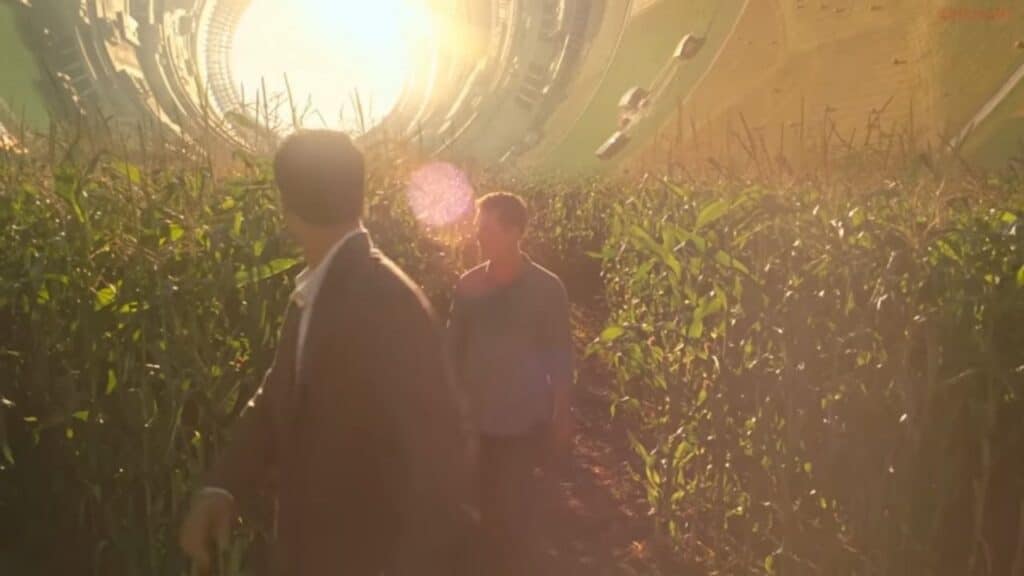Christopher Nolan’s science fiction Interstellar imagines a dystopian future in which humanity is forced to leave the planet Earth as soon as it becomes unhealthy, but the dark thoughts actually show that there is even something worried about this problem. The story uses the scale of human migration to speak volumes about the future of the climate crisis, how we interact with the environment, and what this could mean for the future of our species. The story is incredibly ahead of its time, but this perspective allows the audience to see the story in a different way.

Christopher Nolan’s films often include deep messages and secret details that are not always obvious at first glance, and this interstellar concept seems to shed light on another that has not been discovered until now. Interstellar is known for its scientific accuracy and real space drama, which gives new rights to its place in some cases. It may be science fiction, but it is not entirely based on fiction: it is a story that needs to be listened to and thought about to prevent it from becoming true.
In Interstellar, the idea of ”them” is repeatedly questioned as Cooper embarks on his journey to find the right place for the human race to rule. This term was originally used by Cooper to refer to the transmitters of his synthesis during the dust storm, but early scientists began to understand that “they” were the real controllers of time and space. The main complication in Interstellar’s last act is that humans (from the future) are involved in the past in reality, making the events that Cooper says are mysterious “them.”

Maybe “they” did more than Cooper and his friends realized – this theory suggests that it was actually humans from the future who caused the world’s disease in the first place, forcing humans to seek another home. driving them out of the world. This fits perfectly with the movie and the importance of space travel, showing that humans are always meant to explore the universe – even if we have to leave the past behind to reach the right. we have. Without the scourge of the world, the advanced humans of the future would not exist – so perhaps they created the problem to ensure their own existence.
The question of “how” humans in the future can change the past is really explained by the main story of Interstellar: there are many moments in the story where humans intervene in time past to guide Cooper on his journey. He is first seen during Dust Storm (where he is given a structure in Brand’s setting), then with Murph’s spirit, and finally during Cooper’s journey through the black hole. These advanced humans have evolved across the boundaries of the four dimensions, understanding time and space far more than we do. It was this new understanding of time that made them change the past, and it would have helped them bring about the disease.
Interstellar is one of Nolan’s best films, and it’s this attention to detail that allows the story to flourish. There is no complete explanation given of “how” future humans can change the past – because we will never be able to understand it. Their way is much higher than ours, but the film does a great job of explaining how a deeper understanding of time and temporality is the next step in human evolution. Humans in the future don’t have enough control over time in Interstellar, but maybe the Earth’s disaster managers are a better civilized group in the future.

The relationship between Cooper and the future humans is undoubtedly the most interesting part of Interstellar – not only does it stir up the seeds of conflict that only someone like Nolan can manage well , but it says a lot about the direction in which human evolution is going. It makes perfect sense for “them” to help Cooper, because he is responsible for guiding humanity and where he will learn more about the universe and eventually become a more advanced species. So the goal is really to be successful from the start. However, if these future humans did indeed cause the disease, they may have been motivated by guilt.
There are many powerful moments to make the audience think in Interstellar, but this idea is the worst. At first, it may seem that creating the disease is selfish, but their whole plan saves lives as much as possible. The specific nature of the disease is Cooper as a farmer – which means that it is the people of the future who specifically chose him as their savior, which could be due to his good character and ability to save as many lives as he allowed. The people of the future have bad feelings about destroying the Earth, so they base their plans on someone who is interested in saving as many people as possible.
At its heart, Interstellar is a film about how evolution is an integral part of humanity’s journey through space. There are some stories about family, science, and the environment, but basically it’s a story about how hard humans are to survive. The idea that future iterations of humanity will literally destroy themselves on the planet to force alienation is so dark and dystopian that it fits this issue perfectly, leaving it to the people listening to determine whether this decision can really be justified.
Humans are both the heroes and villains of Interstellar, and this idea reinforces that idea well. It is man’s fault that the world burns (maybe even intentionally), but it is our own efforts to survive that allow us to overcome our environment and find a new home. Behavior isn’t black and white in Interstellar, but it doesn’t try to be. There is no judgment of a person for his actions in the film, but it is a goal of our long-term investigation to succeed.
